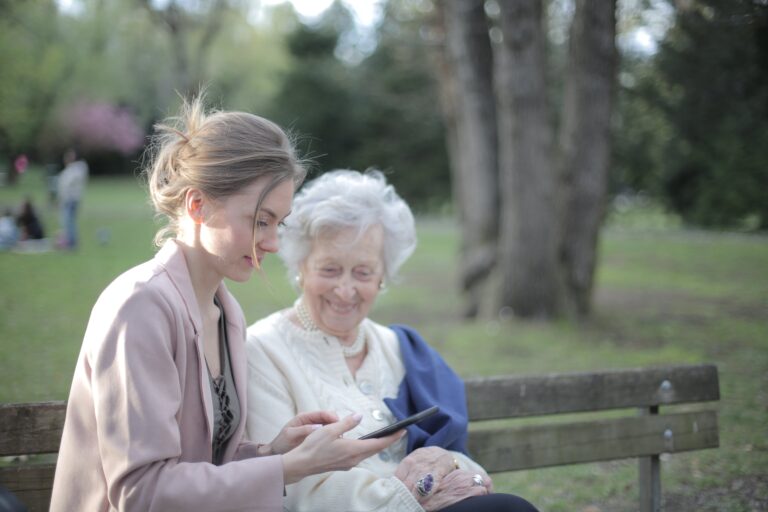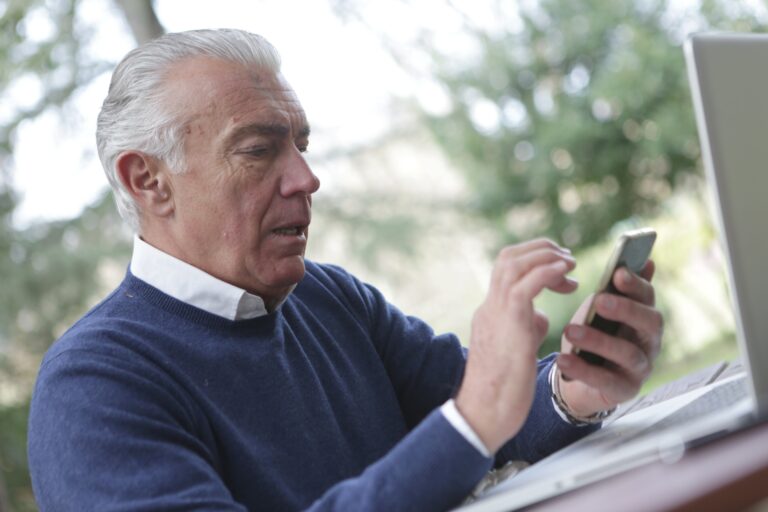
Seniors Cannot Be Careful Enough About Internet Scammers
The biggest threat to retirement accounts today isn’t a market downturn. It’s thieves who have become highly sophisticated in technology and human nature.
A recent article from The New York Times, “How One Man Lost $740,000 to Scammers Targeting This Retirement Savings,” tells how a 76-year-old retired attorney was duped into thinking he was helping an active government investigation when he was actually being scammed out of almost all of his retirement savings accounts. This man was one of many who were drawn into complex plots so intricate they could be used for crime novels.
Scammers are especially adept at using human vulnerabilities against their victims. Romance scams are more common. However, so are impersonators who purport to be law enforcement officials or technical support team members. They use basic psychological tactics to get victims to act, isolate them from friends or family who might be suspicious and present an opportunity to do good for others by helping in the so-called “investigation” or preying on our basic desire to connect and be liked by others.
In 2023, cybercrime theft was more than $12.5 billion, an increase of 22% from 2022 and more than three times the levels in 2019. These are just the crimes known to the FBI—countless others go unreported.
Seniors over 60 are targeted because they are seen as having savings worth pursuing. In 2023, seniors lost more than $3.4 billion to cybercrime.
For the retired attorney, it started when he had trouble logging into a 401(k) account. When he got in a few days later, the screen changed abruptly, and he was instructed to call the fraud department. There was a phone number on the screen. He was connected with his first scammer. Lesson one: If you’re having trouble logging into an account, close the window and find a phone number in a paper document or statement.
The man said he was a fraud investigator, and his money was vulnerable. The scammer built credibility by knowing the victim’s name and where all of his accounts were. This scammer connected him to another man, who claimed to be from the bank. A third man alleged to be from the IRS was on the phone. He provided his badge number to establish further credibility. They told their victim he had an opportunity to be part of their investigation. He was told not to disclose the investigation to anyone, including his three adult children.
A lengthy series of machinations began, with the victim giving the so-called investigators access to his accounts and transferring assets as the thieves kept up friendly banter about how the investigation was going. They told him one of their targets had been caught by Interpol and another was being tracked in Singapore.
The thieves guided him through many transactions, including moving money from an IRA to another bank because the bank had declined to release a large amount of funds, being wary of fraud. The thieves responded by saying the advisor was on their watch list, making their victim suspect the one person who was trying to look out for him.
The man only learned he was a scam victim when a real detective found his name and address on a paper receipt for gold in a car. He was one of at least seven people pulled into a scheme based in India. Making matters worse, his withdrawals created a tax bill: $285,000 in federal and state income taxes, which he cannot pay.
Awareness and a healthy skepticism should be part of every senior’s survival skill set. If someone promises involvement in a scheme or requests money, contact a trusted adult child, your estate planning attorney, or even the local police department to be sure you are not being scammed.
Reference: The New York Times (July 29, 2024) “How One Man Lost $740,000 to Scammers Targeting This Retirement Savings”









